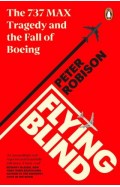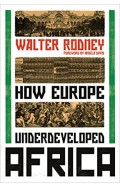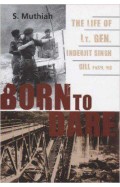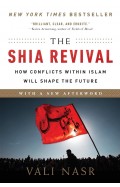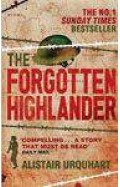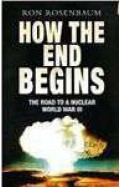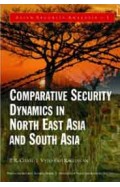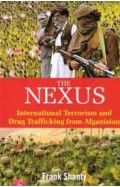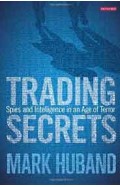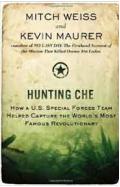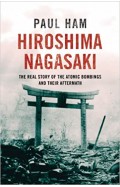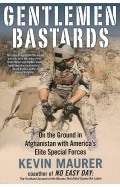- Home
- Non Fiction
- History
- Military
- The Battle of Plassey 1757: The Victory That Won an Empire - Hardcover
The Battle of Plassey 1757: The Victory That Won an Empire - Hardcover
By: Stuart Reid
-
Rs 1,317.00
- Rs 2,195.00
- 40%
You save Rs 878.00.
Due to constant currency fluctuation, prices are subject to change with or without notice.
Britain was rapidly emerging as the most powerful European nation, a position France long believed to be her own. Yet with France still commanding the largest continental army, Britain saw its best opportunities for expansion lay in the East. Yet, as Britain s influence increased through its official trading arm, the East India Company, the ruler of Bengal, Nawab Siraj-ud-daulah, sought to drive the British out of the sub-continent and turned to France for help. The ensuing conflict saw intimate campaigns fought by captains and occasionally colonels and by small companies rather than big battalions. They were campaigns fought by individuals rather than anonymous masses; some were heroes, some were cowards and most of them were rogues on the make. The story is not only about Robert Clive, a clerk from Shropshire who became to all intents and purposes an emperor, but also about Eyre Coote an Irishman who fought with everyone he met, about Alexander Grant a Jacobite who first escaped from Culloden and then, Flashman-like was literally the last man into the last boat to escape Calcutta and the infamous Black Hole. The fighting culminated in Robert Clive s astonishing victory at Plassey where just 3,000 British and sepoy troops defeated Siraj-ud-Daulah s Franco-Bengali army of 18,000 in the space of only forty minutes. The victory at Plassey in 1757 established Britain as the dominant force in India, the whole of which gradually come under British control and became the most prized possession in its empire. Few battles in history have ever had such profound consequences.
Britain was rapidly emerging as the most powerful European nation, a position France long believed to be her own. Yet with France still commanding the largest continental army, Britain saw its best opportunities for expansion lay in the East. Yet, as Britain s influence increased through its official trading arm, the East India Company, the ruler of Bengal, Nawab Siraj-ud-daulah, sought to drive the British out of the sub-continent and turned to France for help. The ensuing conflict saw intimate campaigns fought by captains and occasionally colonels and by small companies rather than big battalions. They were campaigns fought by individuals rather than anonymous masses; some were heroes, some were cowards and most of them were rogues on the make. The story is not only about Robert Clive, a clerk from Shropshire who became to all intents and purposes an emperor, but also about Eyre Coote an Irishman who fought with everyone he met, about Alexander Grant a Jacobite who first escaped from Culloden and then, Flashman-like was literally the last man into the last boat to escape Calcutta and the infamous Black Hole. The fighting culminated in Robert Clive s astonishing victory at Plassey where just 3,000 British and sepoy troops defeated Siraj-ud-Daulah s Franco-Bengali army of 18,000 in the space of only forty minutes. The victory at Plassey in 1757 established Britain as the dominant force in India, the whole of which gradually come under British control and became the most prized possession in its empire. Few battles in history have ever had such profound consequences.
The Battle of Plassey 1757: The Victory That Won an Empire - Hardcover
By: Stuart Reid
Rs 1,317.00 Rs 2,195.00 Ex Tax :Rs 1,317.00
Zubin Mehta: A Musical Journey (An Authorized Biography)
By: VOID - Bakhtiar K. Dadabhoy
Rs 630.00 Rs 1,050.00 Ex Tax :Rs 630.00
Flying Blind - The 737 MAX Tragedy and the Fall of Boeing
By: Peter Robison
Rs 2,636.00 Rs 3,295.00 Ex Tax :Rs 2,636.00
Born To Dare The Life Of Lt Gen Inderjit Singh Gill Pvsm Mc
By: William Smethurst
Rs 716.00 Rs 895.00 Ex Tax :Rs 716.00
How The End Begins: The Road to a Nuclear World War III
By: Ron Rosenbaum
Rs 1,215.00 Rs 1,350.00 Ex Tax :Rs 1,215.00
Comparative Security Dynamics in North East Asia and South Asia English Spanish French Italian German Japanese Chinese Hindi and Korean Edition
By: N/A
Rs 875.00 Rs 1,250.00 Ex Tax :Rs 875.00
The Nexus: International Terrorism and Drug Trafficking from Afganistan
By: N/A
Rs 1,257.00 Rs 2,095.00 Ex Tax :Rs 1,257.00
Trading Secrets: Spies and Intelligence in an Age of Terror
By: Mark Huband
Rs 1,710.00 Rs 2,850.00 Ex Tax :Rs 1,710.00
Hunting Che: How A US Special Forces Team Helped Capture the Worlds Most Famous Revolutionary
By: Mitch Weiss
Rs 1,377.00 Rs 2,295.00 Ex Tax :Rs 1,377.00
Civilian Warriors The Inside Story of Blackwater and the Unsung Heroes of the War on Terror
By: Erik Prince
Rs 1,436.00 Rs 1,795.00 Ex Tax :Rs 1,436.00
Gentlemen Bastards On the Ground in Afghanistan with Americas Elite Special Forces
By: Kevin Maurer
Rs 976.50 Rs 1,395.00 Ex Tax :Rs 976.50
Flying Blind - The 737 MAX Tragedy and the Fall of Boeing
By: Peter Robison
Rs 2,636.00 Rs 3,295.00 Ex Tax :Rs 2,636.00
Born To Dare The Life Of Lt Gen Inderjit Singh Gill Pvsm Mc
By: William Smethurst
Rs 716.00 Rs 895.00 Ex Tax :Rs 716.00
No recently viewed books available at the moment.
Zubin Mehta: A Musical Journey (An Authorized Biography)
By: VOID - Bakhtiar K. Dadabhoy
Rs 630.00 Rs 1,050.00 Ex Tax :Rs 630.00
The Battle of Plassey 1757: The Victory That Won an Empire - Hardcover
By: Stuart Reid
Rs 1,317.00 Rs 2,195.00 Ex Tax :Rs 1,317.00
Flying Blind - The 737 MAX Tragedy and the Fall of Boeing
By: Peter Robison
Rs 2,636.00 Rs 3,295.00 Ex Tax :Rs 2,636.00
Born To Dare The Life Of Lt Gen Inderjit Singh Gill Pvsm Mc
By: William Smethurst
Rs 716.00 Rs 895.00 Ex Tax :Rs 716.00












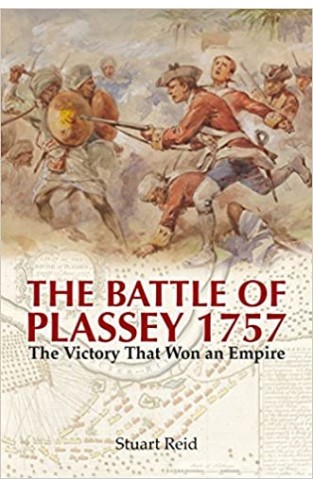
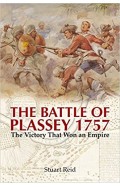
-120x187.jpg?q6)






